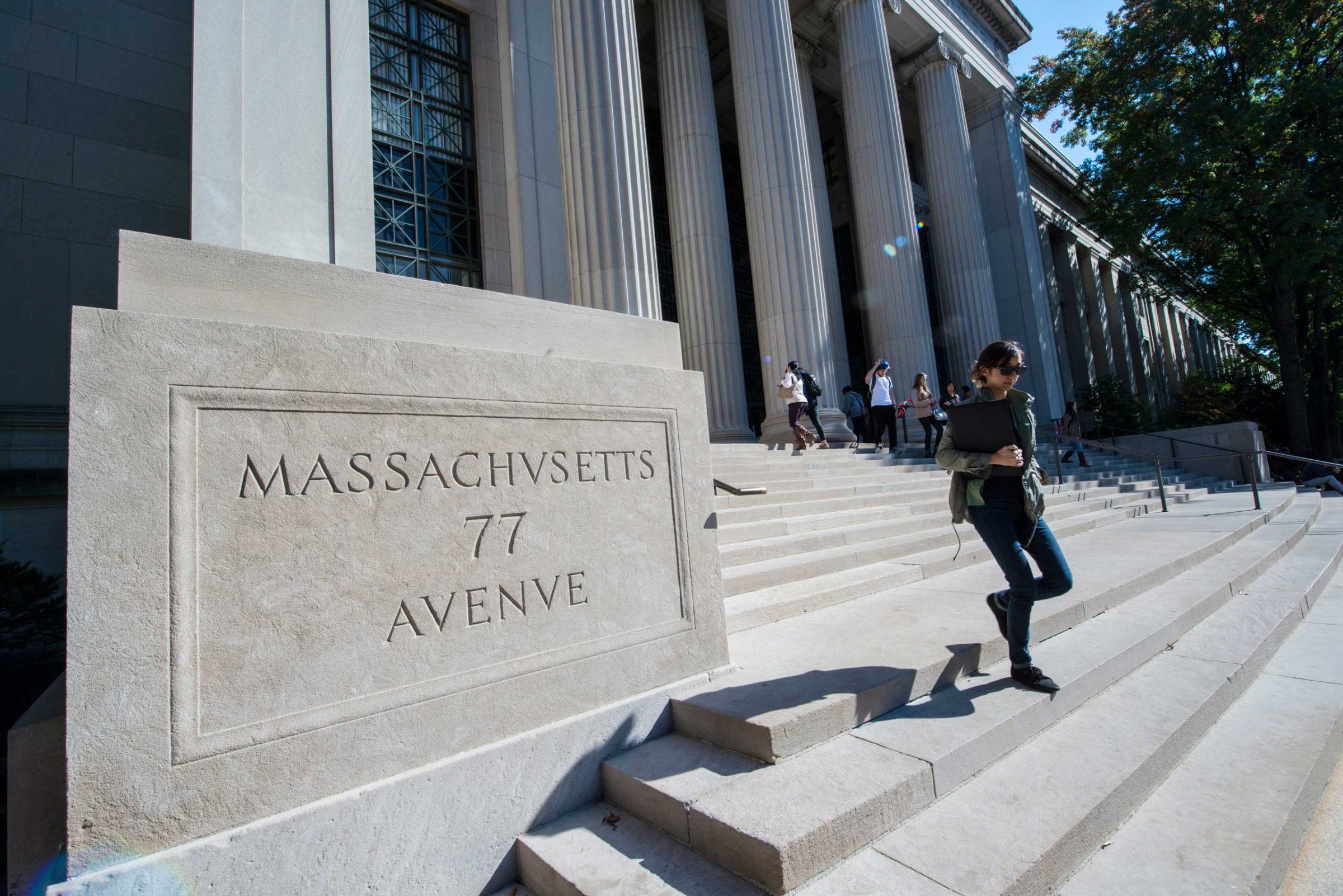
A new survey of student experiences with sexual assault at the Massachusetts Institute of Technology is an encouraging step for schools working to put an end to the shamefully widespread problem of campus rape.
That the prestigious school released the study publicly is helpful in erasing the stigma surrounding sexual assault. And the numbers show that even an institution far better known for Fields Medals than frat parties has an incidence of campus rape comparable to other colleges. Roughly 35% of MIT’s 11,000 graduates and undergraduates took the anonymous survey. Of the undergrads, about 17% of women and 5% of men reported experiencing sexual assault while at the Massachusetts school.
But a deeper look at the numbers points to a more troubling statistic. Even though 17% of female undergraduates reported an experience that fits the survey’s definition of sexual assault (“unwanted sexual behaviors … involving use of force, physical threat, or incapacitation”), only 11% of female undergraduates checked “yes” when asked directly if they had been “raped” or “sexually assaulted.” Despite a concerted effort by the Obama Administration, state officials and campus leaders, MIT students were uncertain about what qualified as sexual violence — even when reporting that they had experienced assault.
Sadly, that’s not exactly surprising. Experts say there are numerous reasons students struggle to understand the definition of sexual assault, including denial about the experience and and the hesitation to apply the label to attackers or those who experience it. “There is still such a stigma to be a ‘rape victim’ or a ‘rapist,'” says Jane Stapleton, a University of New Hampshire researcher and expert in sexual assault prevention.
The MIT survey also indicated a tendency among undergraduates to blame victims, including themselves, for assaults that had taken place. Fifteen percent of female undergraduate respondents and 25% of male undergraduates said that a drunk person who is assaulted is “at least somewhat responsible” for what happened, while 31% of female undergraduate respondents and 35% of males said they believed that sexual assault and rape “happen because men can get carried away in sexual situations once they’ve started.”
Of students who said they had been assaulted, many blamed themselves, which may explain why so few of them decided to report the incident. Of the assault victims, 72% said they didn’t think it was “serious enough to officially report” and 44% said they “felt they were at least partly at fault or it wasn’t totally the other person’s fault.”
These attitudes are somewhat incongruous with the fact that assault victims also reported having felt a great deal of trauma because of the assault–35% reported being unable to complete assignment and 30% reported being unable to eat. Only about 5% of respondents to MIT’s survey reported the experience to someone in an official capacity.
MIT Chancellor Cynthia Barnhart says part of the challenge in reducing assault is educating students about all the forms it takes. “We can’t prevent what is not agreed upon by everyone,” she says.
Barnhart says that MIT has had an increase in reported sexual misconduct since the survey was advertised last spring, a sign that awareness is growing.
Still, as Stapleton says, “it’s going to take time to change the culture.”
More Must-Reads From TIME
- The 100 Most Influential People of 2024
- Coco Gauff Is Playing for Herself Now
- Scenes From Pro-Palestinian Encampments Across U.S. Universities
- 6 Compliments That Land Every Time
- If You're Dating Right Now , You're Brave: Column
- The AI That Could Heal a Divided Internet
- Fallout Is a Brilliant Model for the Future of Video Game Adaptations
- Want Weekly Recs on What to Watch, Read, and More? Sign Up for Worth Your Time
Contact us at letters@time.com